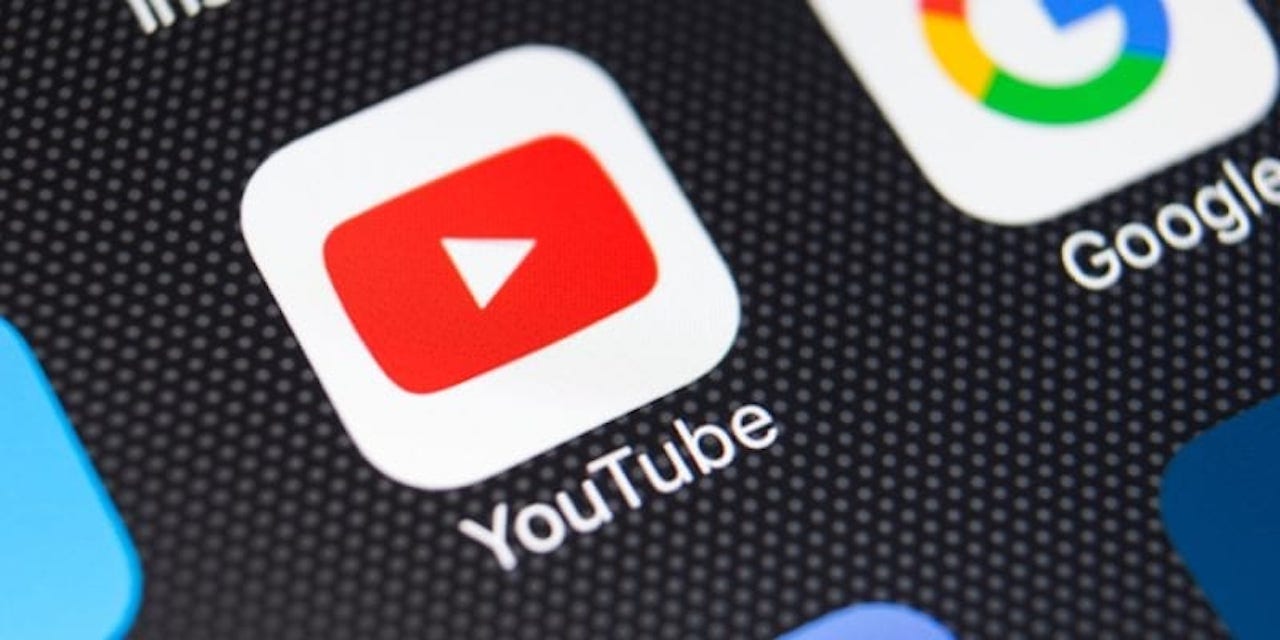With the 2022 election only weeks away, YouTube, owned by US tech giant Google, has been found to be favouring pro-Bolsonaro videos in its recommendations to users in a damning new study. The videos include conspiracy theories and attacks on the electoral process.
Folha de São Paulo reports that the YouTube algorithm has found to be giving prominence to videos in favor of President Jair Bolsonaro (PL) in its recommendations. The findings were published by NetLab, a special unit at the Federal University of Rio de Janeiro (UFRJ).
According to opinion polls, Bolsonaro is on course to lose the coming election, after a catastrophic first term, and the far-right president and his military dominated government has attempted to cast doubt on the electoral process itself, as a means to remain in power. The UFRG study finds he is being aided in this by YouTube, owned by US tech giant Google.
It is not the first time the company has faced criticism for apparent political interference in Brazil. In recent years it was discovered that Google/YouTube had been coaching social media influencers on how to monetise right-wing content on the platform, and 12 extreme-right channels publishing anti-democratic content were found to have received R$5.6 million reais over 2 years.
YouTube had earlier been central to the propaganda campaign underpinning the 2016 removal of Dilma Rousseff, and the US-orchestrated anti-corruption operation Lava Jato which underpinned it, which then jailed frontrunner Lula, handing the 2018 election to Bolsonaro.
Given Google’s position as a tool of US foreign policy, the latest revelations are all the more disturbing. Although the Biden administration has sought to distance itself publicly from the far-right Trump ally’s anti-democratic discourse, it has sent multiple delegations to liase with the Bolsonaro government in recent months.
Bolsonarista Propaganda
The objective of NetLab’s survey was to identify which channels and news content was being given high visibility by the YouTube recommendation algorithm during the period from August 23 to 30.
For the experiment, NetLab created 18 new profiles, which accessed the platform on different dates and times using an incognito browser tab and VPN, a tool that hid the user’s true IP address and simulated a random geographic location within Brazil for each test. .
Thus, the user had no history of interaction with certain content that could feed the algorithm and influence recommendations. Even without likes or views on right-wing channels, YouTube recommended Jovem Pan and pro-Bolsonaro videos most of the time.
In the new study, across 18 test visits to the platform, channels belonging to right wing media group Jovem Pan (nicknamed “Jovem Klan” by Brazilian progressives) were indicated 14 times on the YouTube homepage, with one or more suggested videos. The most recommended to users was Jair Bolsonaro’s appearance in the JP show Pânico, on August 26.
The Bolsonaro interview was recommended in eight test visits, in five different versions, which together add up to 9.6 million views. In the video, the president makes baseless claims about the electoral process, such as that the Armed Forces have discovered “hundreds of vulnerabilities” in electronic voting machines.
Content from Jovem Pan appeared as the first recommendation in 55% of visits (10 out of 18), well ahead of other news channels.
Some of the Jovem Pan videos suggested presented election frontrunner Luiz Inácio Lula da Silva (PT) as a “gang leader” and “mentally ill”, some claimed the election polls are false and Bolsonaro is really ahead, and that the STF (Federal Supreme Court) has an alliance with the former president.
“It is very serious that YouTube, a platform with more than 130 million users in Brazil, privileges a media vehicle in its recommendation system, in the face of so many other sources. Even more so because [Jovem Pan] is a hyper-partisan vehicle, clearly bolsonarista, which does not give isonomy to candidates”, says Marie Santini, director of Netlab.
“This situation creates an imbalance in the elections, it advertises with the use of the algorithm, as the recommendation is a form of content moderation.”
YouTube: “No comment”
YouTube claims it did not have access to the survey and therefore would not comment on the results.
Although YouTube has announced an initiative in which it says it recommends “informational content from reliable and plural sources about the elections”, Jovem Pan has 13 content labeled as “false” by Brazil’s main checking agencies Lupa, Aos Fatos and Projeto Comprova.
“Jovem Pan is often identified as disseminating disinformation. YouTube needs to open the black box of the recommendation algorithm, show how it works, what are the recommendation criteria used to understand what is happening”, says Santini.
Extremist content or conspiracy theories, which arouse strong emotions, such as revolt or anger, generate more engagement and are generally amplified by social media algorithms.
YouTube and WhatsApp are the platforms that most concern the TSE (Superior Electoral Court) at present. The messaging application has been a particular worry due to the speed of rumors going viral, despite the forwarding restriction mechanisms implemented by the company. Such WhatsApp disinformation was central to Bolsonaro’s electoral success in 2018.
Several meetings have been held between TSE members and YouTube representatives due to the proliferation of videos containing false allegations about the electoral process, and pro-coup content.
[qpp]

